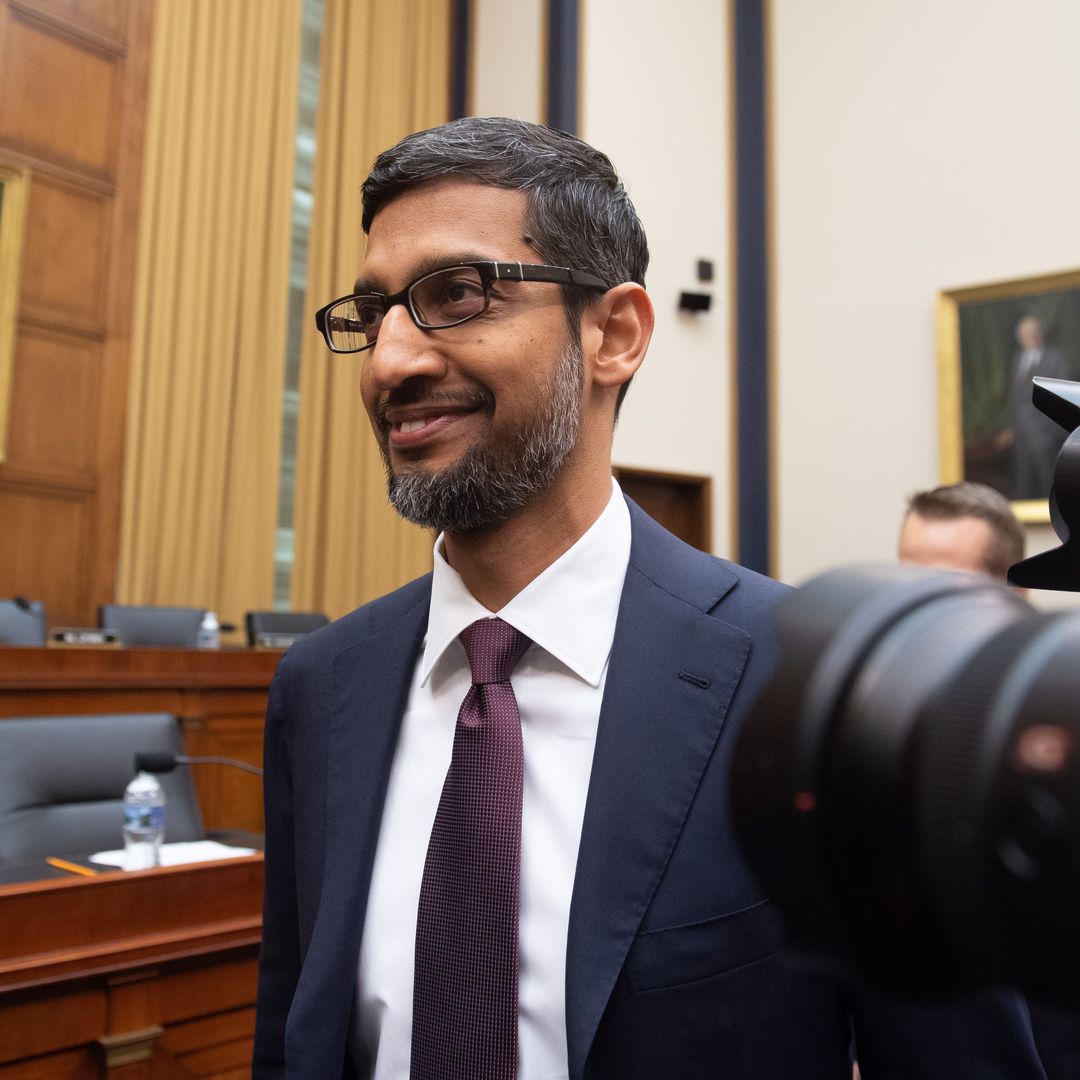Google CEO refutes conservative claims of search bias

Published Date: 12/11/2018
Source: axios.com
Google CEO Sundar Pichai sparred with conservative lawmakers who claim the search engine is politically biased while avoiding specific commitments on privacy and company's plans for a censored search engine in China.Why it matters: Tuesday's three-hour-long hearing was Pichai's first appearance before Congress. Google has largely avoided the congressional scrutiny that hit Facebook and Twitter after its top executives declined a request to testify earlier this year. Conservatives on the committee got into heated exchanges with Pichai over what they perceive as political bias baked into Google's platforms and suggestions that Google employees tampered with its algorithms to skew products left — claims that haven't been backed up by hard evidence.Pichai said the company controls for potential biases in search results and maintains a neutral platform. But conservatives hammered on the issue. “Perception is reality," said Rep. Doug Collins (R-Ga.)."I think humans can manipulate the process," said Rep. Lamar Smith (R-Texas), after Pichai denied any bias and avoided committing to Smith's request that Google allow another independent study of bias on its search product.The other side: Rep. Jerry Nadler (D-N.Y.) criticized Republicans for their allegations of anti-conservative bias on Google's platforms, calling them a ”right wing conspiracy theory" and a "fantasy dreamed up by some conservatives.""So it’s not some little man sitting behind the curtain trying to figure out what to show? It’s a compilation of what users are generating and trying to sort through that information," said Rep. Zoe Lofgren (D-Calif.), a longtime ally to Silicon Valley.Rep. Ted Lieu, also California Democrat, called the questions of bias a "waste of time."Our thought bubble: Pichai got out of having to answer more substantive questions from Democrats about other topics such as antitrust and market dominance because so much time was spent on the topic of political bias. Lawmakers pushed Pichai on a wide range of concerns about Google's business model and future plans.Privacy: House Judiciary Committee Chairman Bob Goodlatte (R-Va.) asked Pichai whether users understand the data collection they're agreeing to on Google's Android platforms. “It’s really important that the average user is able to understand it," Pichai said. "Beyond the terms of service, we actually remind users to do a privacy checkup."Location data: Rep. Ted Deutch (D-Fla.) pushed Pichai to answer questions about the company's use of location data, saying "there is a lot of information about where we got and where we are at any moment" that can identify a "person without their consent."Online ads: Pichai defended the company's auction-based ad pricing system, which Goodlatte said could yield different prices for different political candidates.China: Rep. Sheila Jackson Lee (D-Texas) pressed Pichai on Google's reported work on a censored search engine for Chinese users, a reversal from the company's public decision to leave the market in 2010. "Right now, there are no plans to launch search in China," Pichai said.Surveillance: Pichai dodged a question about whether he would rule out building a "a tool for surveillance and censorship" in China while he is Google's chief executive. "We think it's in our duty to explore possibilities," he said.Competition: Rep. David Cicilline (D-R.I.) asked the Google chief about allegations that the company uses its market dominance against its competitors. “Is that part of your business model?" Cicilline asked. Pichai's response: “Definitely not.”Russian disinformation: Several Democrats pushed Pichai to talk about how Google handles disinformation campaigns of the sort Russia ran in the 2016 election, which included buying ads on its products.The bottom line: Despite some disagreements with lawmakers, Pichai avoided producing an obvious negative headline out of the hearing and pledged to engage productively on potential legislation on issues like privacy.Go deeper:Google's turn for the Facebook treatmentSecurity bug affecting millions speeds up end of Google+Google CEO to rebut privacy, bias criticisms before Congress